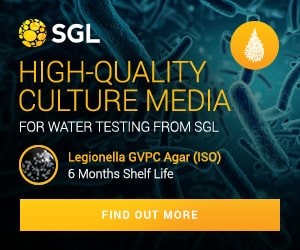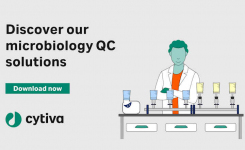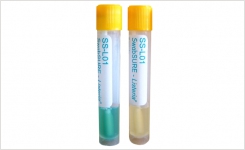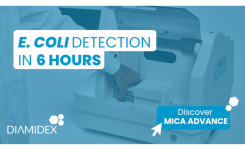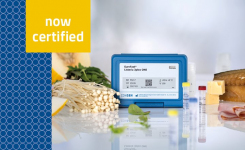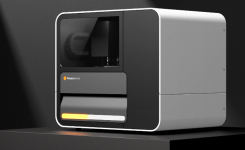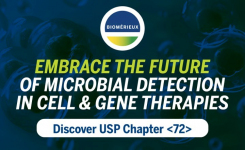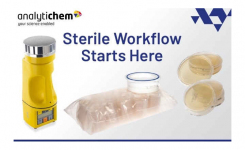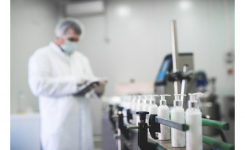Thermo Scientific Kits for Detection of Staph Exotoxins - Toxic Shock Syndrome Update
go back to news archives| | Thermo Scientific offers a range of kits for the detection of bacterial toxins, including the staphylococcal exotoxins that are primarily responsible for toxic shock syndrome. As recent research shows promising results for a potential new treatment for toxic shock syndrome1, it is important to take stock of the tools currently available to clinical scientists to diagnose this life-threatening condition. |
Toxic shock syndrome (TSS) is a rare, but potentially fatal condition, usually caused by exotoxin-producing strains of Staphylococcus aureus. The predominant staphylococcal exotoxins that are responsible for TSS are Toxic Shock Syndrome Toxin 1 (TSST-1), in about 75 percent of cases, and staphylococcal enterotoxin B (SEB), in about 25 percent of cases2. Those most at risk of developing toxic shock syndrome include menstruating women, women using barrier contraceptive devices, post-operative patients and burns patients2,3. The identification of Staphylococcus aureus alone is not sufficient to attribute a case of toxic shock syndrome, since there are strains of S. aureus that are not toxin-producing. However, it is possible to confirm a clinical diagnosis by detecting the production of toxin in isolated strains. Toxic shock syndrome toxins can be detected reliably by reversed passive latex agglutination (RPLA) using Thermo Scientific TST-RPLA (TD0940) for the detection of TSST-1 and Thermo Scientific SET-RPLA (TD0900) for the detection of staphylococcal enterotoxins A, B, C and D. Thermo Scientific RPLA Toxin Detection Kits allow the presence of soluble antigen, such as bacterial toxins, to be detected visually by the agglutination of antibody-coated latex particles. Performed in V-well microtitre plates, a positive result is indicated by the formation of a clearly visible lattice structure. In the absence of target antigen, the latex particles settle in a tight button in the bottom of the well. Julie Elston, applications manager, clinical markets, Thermo Scientific, commented, 'Thermo Scientific RPLA Toxin Detection Kits allow clinical laboratories to detect bacterial toxins without the need for complicated equipment or special expertise. This could be of great value in determining the cause of Toxic Shock Syndrome and may help in making therapeutic decisions as a wider choice of treatments become available.' For further information about Thermo Scientific RPLA Toxin Detection Kits, contact Thermo Scientific using the contact details at the top of this page. References: 1) Buonpane, R.A., Churchill, H.R.O., Moza, B., et al (2007) Nature Medicine 13:725-729 2) www.toxicshock.com 3) www.cdc.gov/ncidod/dbmd/diseaseinfo/toxicshock_t.htm |
NOTE: This item is from our 'historic' database and
may contain information which is not up to date.
Source : Thermo Scientific. View archived contact details
Posted on November 6, 2008


